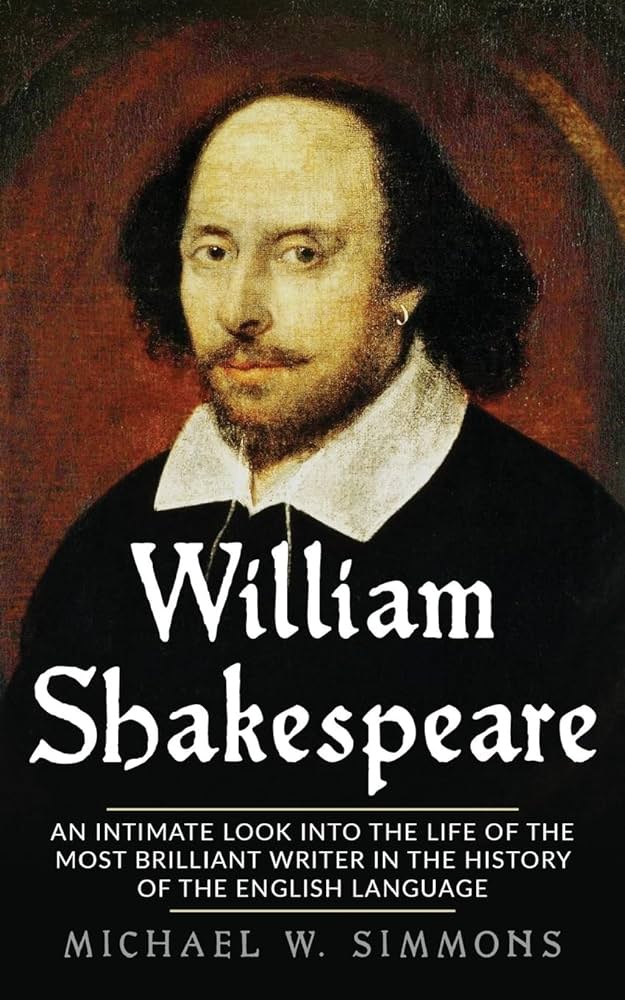Back in 2015, I started a little ad hoc Favourite Quotes series but so far have only written four posts. This is not because I have a dearth of favourite quotes but because I don’t find time to share them. However, in the program for the most recent Musica Viva concert we attended, I came across a reference to a quote that intrigued me – and I just had to find who said it, which I did:
“How much do you know about Shakespeare?” I once asked a friend who has committed much of her life to studying the Bard. She replied, ”Not as much as he knows about me”. Remember this the next time someone tells you literature is useless.” (Arnold Weinstein, in The New York Times)
”Not as much as he knows about me”. Don’t you just love this understanding of how meaningful literature can be?
In the Musica Viva program, this was part of an interview question put to the performer – mezzo-soprano Anna Dowsley. I’d like to say that the question led to an engagement with this point, but it didn’t really. The interviewer didn’t include the “Remember this …” bit in her question, but asked instead, “How are you relating to these songs personally?” Dowsley went on to talk about the timelessness and relatability of the songs, rather than engage with Weinstein’s point. I’m not criticising the singer, here, because the way the question was put doesn’t seem to really invite the discussion I’d love to have heard.
However, the statement certainly spoke to me, because Shakespeare often comes to my mind at significant moments in my life, as do other writers, like Jane Austen. So, I went digging to find out who this Arnold Weinstein was. He has a Wikipedia article, which told me that he was born in 1940, and was (maybe still is) the Edna and Richard Salomon Distinguished Professor of Comparative Literature at Brown University. More usefully, I found an opinion piece in the Brown Daily Herald written by him in April 2022. It is titled “The case for studying literature at Brown”, and is a response to falling enrolments in literature courses. He discusses why students should choose to study literature. It’s brief but makes its point. He says, for example, that “it will sound loopy, but I believe we read literature to become other”, which is an idea that he knows will be rejected by current trends which favour “objectivity” and distance” over “reader identification”. I like his thinking, though I think “reader identification” is a broad church and can be misapplied, so I do get the concern about focusing on this.
Anyhow, to conclude, he ends with the quote above, which is clearly a favourite anecdote of his, but here frames it this way:
What makes it [studying literature] worth doing? I’ll answer that with a question I asked a friend who had devoted her entire life to doing programs on Shakespeare. My question: How much do you know about Shakespeare? Her answer: not as much as he knows about me. Not as much as he knows about me. Chew on this a little. We go to literature, not because we’re professors or students, but because important books shine a unique beam on human behavior, thought and feeling. Reading these books adds something unique not only to our database but to our actual identity. For we’re never through discovering who we are.
Today is World Poetry Day. How better to commemorate it than with this reference to the Bard – and with thoughts about why we read him and literature in general?
What do you think about Weinstein’s view?
